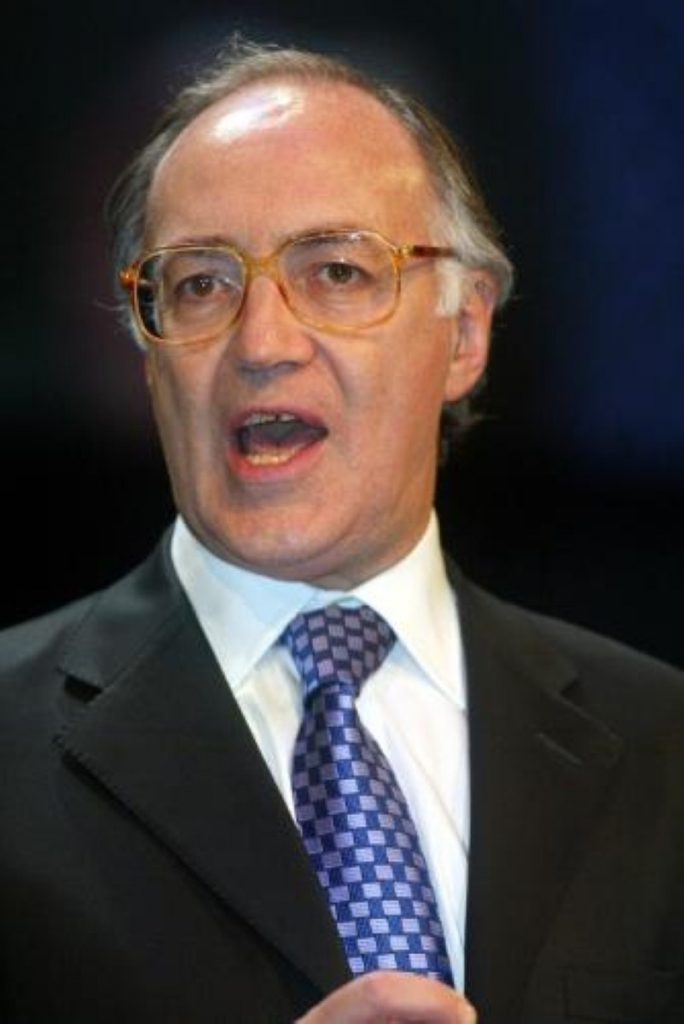Leaders open Iraq debate
Tony Blair has again defended the decision to invade Iraq and stated that it would be “absurd” to say that pre-war Iraq was not a danger.
In a debate lasting five hours this afternoon, Tony Blair said that it was “absolutely clear” that Saddam Hussein had been attempting to develop an arsenal of WMD.
Opening this afternoon’s Commons debate on Iraq and the Butler Review, the Prime Minister said that “whatever mistakes have been made” MPs should recognise that, without the removal of Saddam, Iraq would not have the future that it does today.
He defended his statements and judgments prior to the war, arguing that “removing Saddam was not a war crime it was an act of liberation for the Iraqi people” and that no one could credibly assert that Saddam would have complied with the UN in any other situation.


Conservative leader Michael Howard challenged the Prime Minister by asking him why, given the Joint Intelligence Committee’s clear caveats as shown in the Butler Report, he had said the intelligence was “extensive, detailed and authoritative?”
The Prime Minister responded by saying that the JIC had gone on, after making its caveats, to judge that Saddam had weapons of mass destruction capabilities and was prepared to use the weapons.
Indeed, it judged that Iraq had biological and chemical agents that could be targeted at Israel or Kuwait, he told the House. Tony Blair described Mr Howard’s comments as “shabby opportunism”.
Liberal Democrat leader Charles Kennedy repeated his party’s standpoint that there had been a “litany of failings” and misjudgements leading to war and said Mr Blair should feel ashamed at taking the UK into Iraq.
Mr Blair said that Iraq had been a “brutalised state” run by terror and execution but that now it had the prospect of progress, with oil revenue going towards gaining a proper currency, economic growth, open public services, elections, courts, representation of women and a free media.
“No one should be neutral” in today’s struggle, the Prime Minister went on, urging MPs: “whatever mistakes have been made, let us rejoice that Iraq has such a future.”
Turning on the events leading up to the war, Mr Howard said the Joint Intelligence Committee had called the intelligence “sporadic and patchy” and “limited”, whilst on September 24th, Mr Blair had said the intelligence was “extensive, detailed and authoritative”, said Mr Howard. He argued that this marked “an enormous difference”, with there clearly being “no basis” for these comments.
The Tory leader then said of the Prime Minister, “I hope that Britain will not face another war in the foreseeable future but if we do would anyone believe him”.
Despite the criticism, Mr Howard did say “I think that the Prime Minister thought throughout that he was acting in the best interest of country”.
However, the Tory leader referred to Mr Blair’s claims to be “a pretty straight kind of guy” and then questioned, “why is it for the Prime Minister that sorry seems to be the hardest word?”












